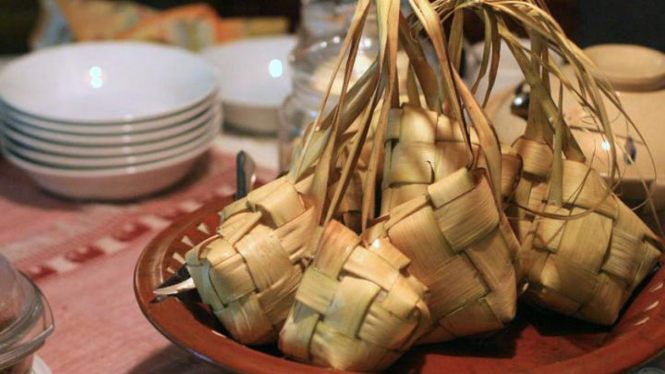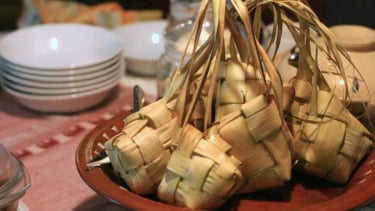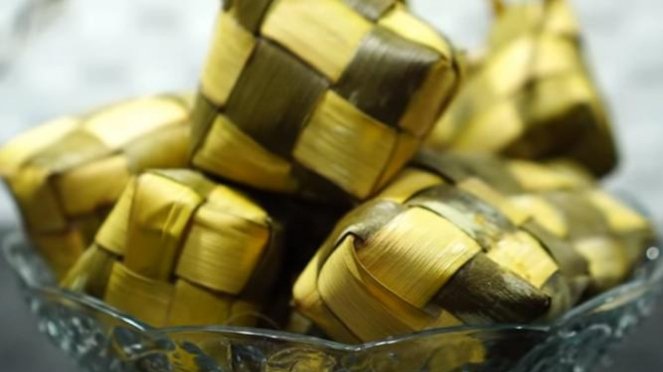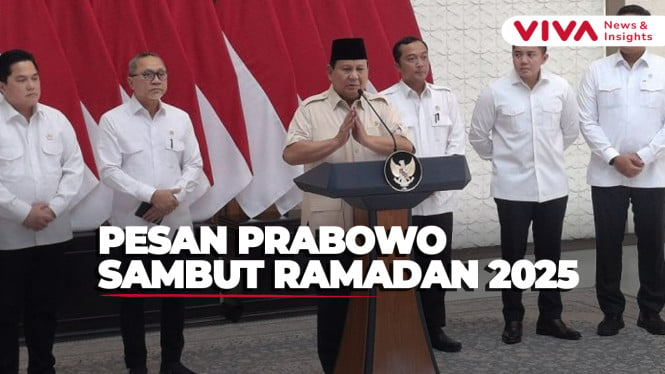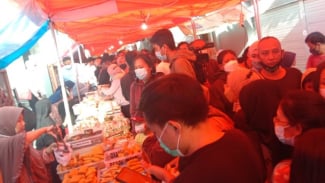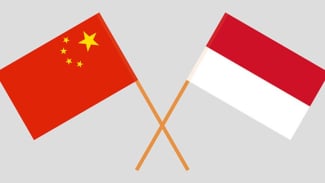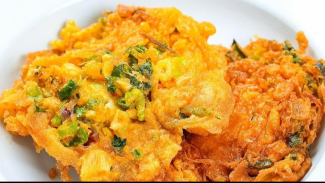Origin of Ketupat as Indonesian Traditional, Ramadhan Specialty Food
- vstory
VIVA – The most Indonesian people celebrate Ramadhan and the big day Eid al-Fitr every year. During the big day, families would gather to greet neighbors, meet relatives, and have a huge fantastic feast.
The dishes that were served on Eid al-Fitr may vary between families, but there is one thing that will always appear together with these dishes. Known as ketupat, this iconic rice cake is a specialty of Eid al-Fitr often seen being served alongside the main dishes.
As reported by various sources, the history of the origin of Ketupat first appeared in Java in the 15th century, during the reign of the Demak Kingdom. At that time, Sunan Kalijaga introduced the ketupat to the people to spread Islam in Java.
In spreading Islam, Sunan Kalijaga used a cultural approach. Ketupat was chosen because it was considered close to the culture of the Javanese people at that time.
Ketupat lebaran.
- U-Report
In his preaching, Sunan Kalijaga introduced a term known as Bakda. Bakda means after. There are two Bakda that are cultivated, namely Bakda Lebaran and Bakda Kupat.
Bakda Lebaran is done during Eid al-Fitr when all Muslims are prohibited from fasting. Bakda Kupat is a feast for people who have fasted for six days in the month of Shawwal. Usually, Bakda Kupat is held one week after Lebaran.
Over time, the tradition of Lebaran ketupat (kupat) according to the story is a symbolization of an expression from the Javanese language ku = ngaku (admit) and pat = lepat (mistake). Or the word means admitting mistakes.
The acknowledgment of mistakes is marked by the tradition of sungkeman (kneeling before parents while apologizing for mistakes that may have been made).
In addition, ketupat is also a symbolization of the Javanese expression Laku Papat which means four actions namely lebaran, luberan, leburan, and laburan.
Lebaran comes from the word Lebar which means the door of forgiveness is wide open. Then, luberan means abundant which is used as a symbol of alms which is identified with paying zakat fitrah.
Then, leburan means exhausted or melted which means that the Eid al-Fitr celebration is an opportunity for humans to return to fitrah. Then, laburan means humans must always maintain physical and mental purity.


